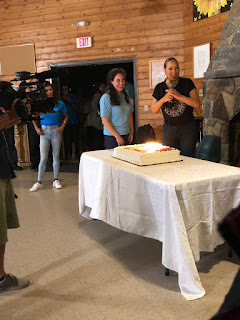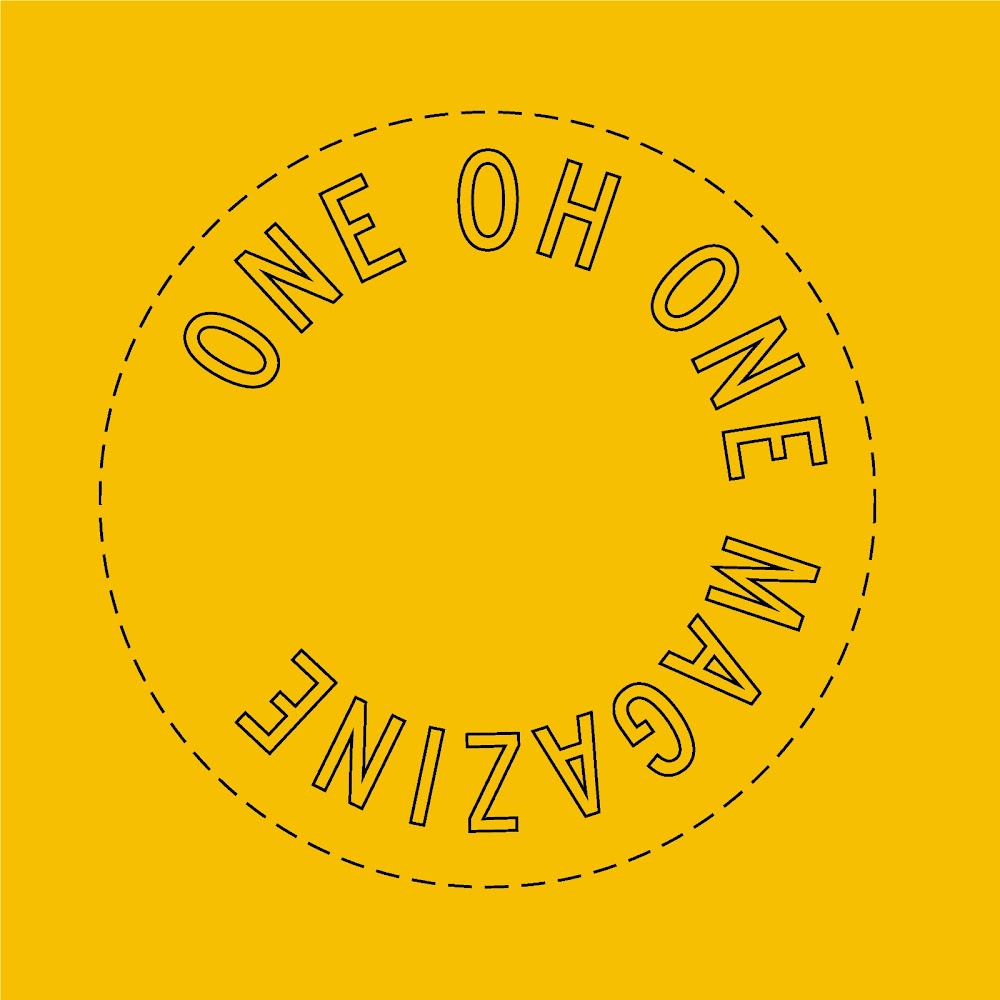 |
| https://the-irish-graduate.com/ Instagram: @theisrishgrad Twitter: @theirishgrad_ |
Hey there, my name is Leanne and I have recently completed my undergraduate degree in Business Studies from Dublin City University. As part of my degree in my third year, I undertook a 12-month work placement with Irish Rail within their Commercial Department. As I was nearing the end of my placement, I knew I wanted to make the most of my summer before I started my final year and entered “adulthood” thereafter. Most third-level students in Ireland, will at some point go on a J1 to either the US or Canada. I always had an interest in going on a J1 Visa but the traditional J1 experience of working in a bar or bike shop never really appealed to me. That is where the J1 Camp Counselor Visa comes in. Up until this point I had never been away from home for more than two weeks, let alone travel solo. But I was up for the challenge!
I completed the Camp USA application process and I was hired by The Fresh Air Fund as a Leadership and Debate Specialist. Camp Mariah is one of six of camps operated by The Fresh Air Fund who work with children from underserved communities from the five New York City boroughs. The camp I was placed in was unique in that not only was it named after Mariah Carey (who also visited us!) but it is a yearlong Career Awareness Program that consists of activities such as job shadowing and career fairs.
My role in camp saw me teach four 1-hour classes per day as well as having immediate responsibility for 6 campers per session alongside my co-counselor. I was constantly working to improve my lessons as well as attempting to have a meaningful impact on the campers through conversation and the sharing of knowledge in and out of the classroom. Given the class that I was teaching, the scope was there to do so.
At the end of session two, I was named as Specialist of the Session, which was confirmation for me that my main lesson objectives had been met (if campers coming up to me outside of class to talk about debating was not already enough). I also got the opportunity to be the interviewer for Business at the Camp Mariah Career Fair. This event sees campers’ interview in various fields that they are interested in and present completed CVs and cover letters that they have worked on in their Career classes. Both times that I did this I was blown away by the camper’s creativity, expert knowledge, and confidence in their abilities; I could learn a thing or two.
Since returning home there has not been a job application form or interview where my experience in camp did not get a mention. In particular, what makes my experience stand out is how I put my almost 10 years of public speaking and debate experience into practice and developed a leadership program centred around it unlike what had been implemented at the camp previously. Additionally, I had the getup and go, the determination you could say to travel on my own to camp, not exactly knowing what to expect. I made it work as well as making friends for life along the way. Employers want to see drive, initiative and your organisational capabilities, my time in camp will be proof of those things for years to come.
It was from my time at camp that the idea for The Irish Graduate was born. I wanted to share my journey at camp and all that I had learned in a way that could inspire others to do the same. I was meant to be returning to camp again this summer and then set off on a Graduate Visa to the US which would all have been documented on my blog. Whilst this is no longer the case, that did not stop me. The Irish Graduate has become a platform where I share my less than regular university experience (5-hour daily commutes and college transfers) and share the stories of other graduates in the “My Graduate Life” series. Whilst I may not return to camp next year, I hope my story inspires you to go instead.

So, send in your application, pack your bags and head to camp (post- COVID 19, of course); you and your CV will not regret it!
To keep up-to-date with our posts, follow us:
Follow my blog with Bloglovin
Follow Leanne's journey post-university: https://the-irish-graduate.com/

















Social Icons